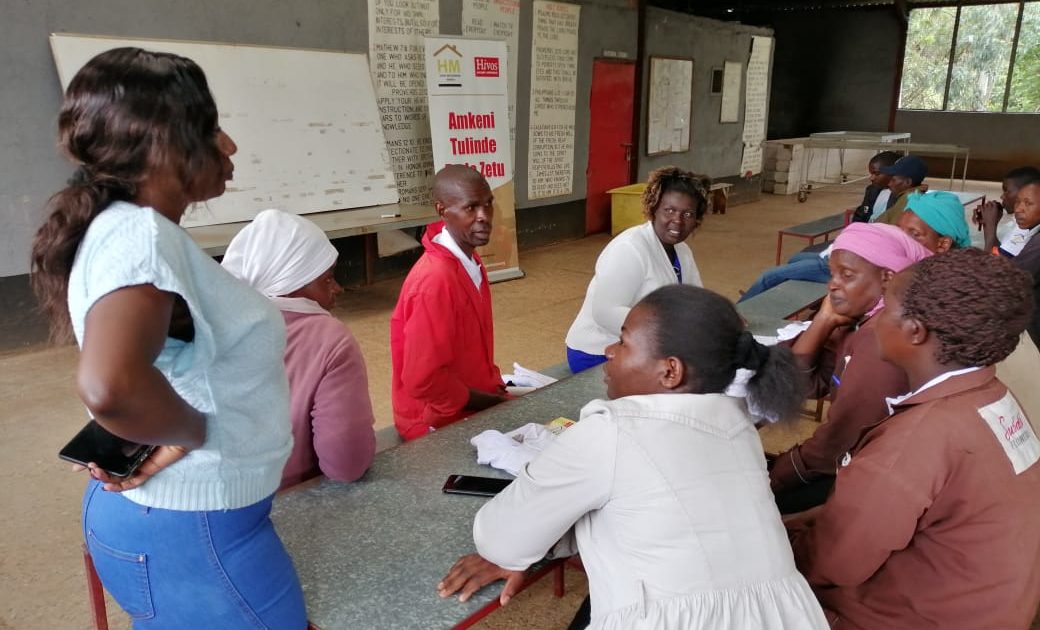While many people will opt to spend their off duty days far from the work, a group of male champions in Naivasha were doing the opposite.
On this particular day, these male champions from different flower farms in Naivasha were seated in one of the rooms in Kiandege Ward to de educated on how to advance the rights of women workers.
James Obonyo is one of these 30 male champions waiting patiently for the training to begin. The training, organized by Haki Mashinani, a Kenyan non-profit organization that seeks to give legal and socio-economic empowerment to populations living at the grassroots, is on sexual harassment.
Obonyo notes that the training seeks to address issues of the rights of women workers and sexual harassment in the flower farms.


